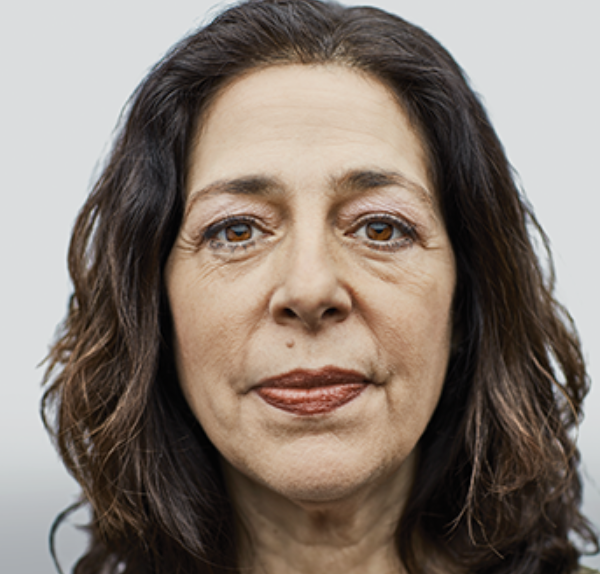
Although most patients with multiple sclerosis (MS) are diagnosed between age 20 and 40, my story is a little different. After I got diagnosed with MS at age 53 and the doctors walked me through all my symptoms, we found out I had been walking around with undiagnosed MS for more than 30 years.
I freaked out. After researching this disease, the symptom that scared me the most is what they call one of the “silent symptoms,” which is impaired cognition. I really got worried that I wasn’t going to be able to focus and think – that this ability would decline with me.
But at the same time, I was relieved, because my diagnosis answered a lot of questions. Why am I so tired? Why am I losing my balance? Why am I dizzy, or why can’t I think straight?
